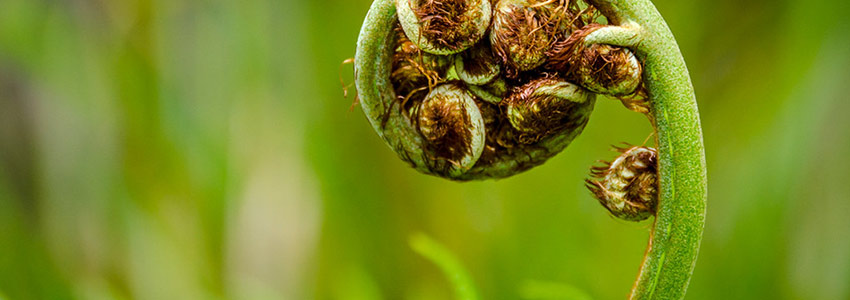Psychosocial well-being after stroke
A sense of well-being is important for everyone. However, it is often affected when someone has a stroke. Many people feel grief, sadness and a loss of ‘who they are’. The effects of stroke can make it hard to do the things that normally bring people joy and connection and influence a person’s well-being. Stroke survivors, whānau, and clinicians all say it is important that well-being is supported in stroke services. However, they also say there is scope for services to ‘do things different’1, and do things better, to consistently support well-being for everyone.
In this study we sought to understand what matters for well-being after stroke, how well-being is supported in stroke services and the factors that influence this. Together with stroke survivors, whānau and clinicians, we explored how things could be done differently to better support well-being after stroke. We have created resources to support care that enhances well-being.
1 A quote from stroke whānau at a wānanga in Whakatane

by Unknown Author is licensed under CC BY-NC-ND
Who was involved in doing this research?
This research was led by Associate Professor Felicity Bright. Felicity is a speech-language therapist and rehabilitation lecturer and researcher at Auckland University of Technology.
Felicity was joined by Bobbie-Jo Wilson (Ngāti Tūwharetoa) who led our engagement with Māori within this research, and Claire Ibell-Roberts, Project Manager and researcher. BJ and Claire are both physiotherapists and health researchers.
We were supported by Rukingi Haupapa (Te Arawa, Ngāti Whakaue). We have also appreciated the support of whānau from the Awhi Mai Stroke Trust in the Bay of Plenty. They have offered advice and direction throughout the research process and supported us in connecting with whānau.
A number of students have also contributed to this work: Kelsey Beet, Chelsie Park, Nikita Ngarongo-Porena, Holly Hing, Kira Milne, Caitlin Thomas, Karina Delemont, Lisa Keeley McDonnell, Olivia Grigg and April Reid.
Our research approach
Our research approach was based on He Awa Whiria—Braided Rivers Model and used a multi stage process. The intention was to ground the research in the needs and perspectives of people living with stroke and those of health care professionals.
Research updates
Find out what we have done in this research, including links to our publications, research summaries and other resources.
Would you like more information?
If you would like more information about this research, please contact Felicity Bright: felicity.bright@aut.ac.nz.
Project details
Funder:
Health Research Council of NZ
Principal investigator:
Associate Professor Felicity Bright
Research team
Associate Professor Felicity Bright, Bobbie-Jo Wilson, Claire Ibell-Roberts, Associate Professor Nada Signal
Contact:
wellbeing.study@aut.ac.nz
Key Collaborators:
Professor Katie Featherstone, Dr Aileen Collier, Dr Vivian Fu
Timeline:
February 2021 – June 2024
Status:
Complete